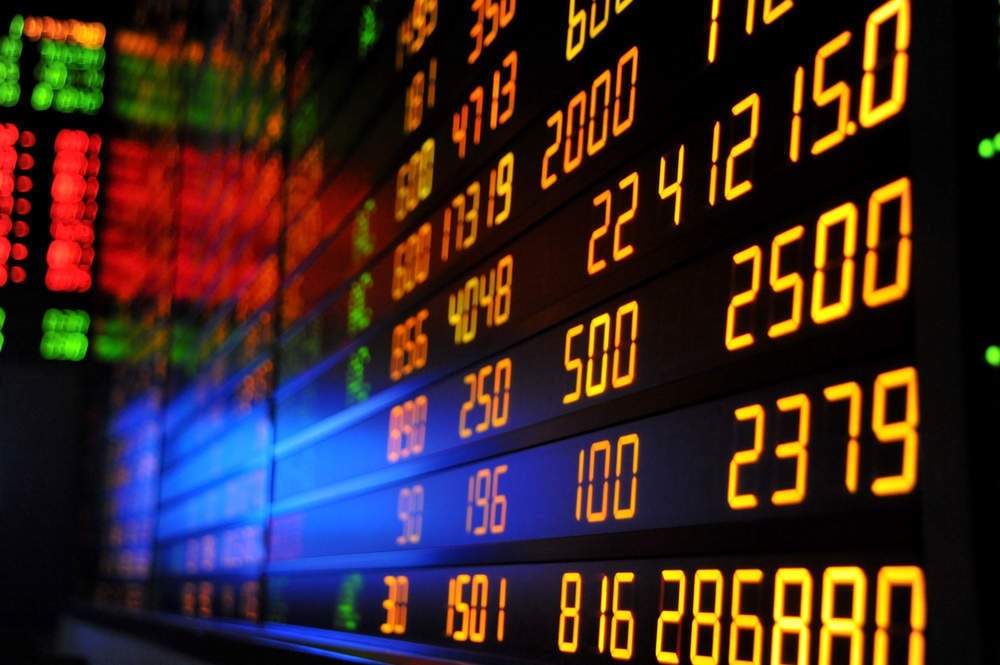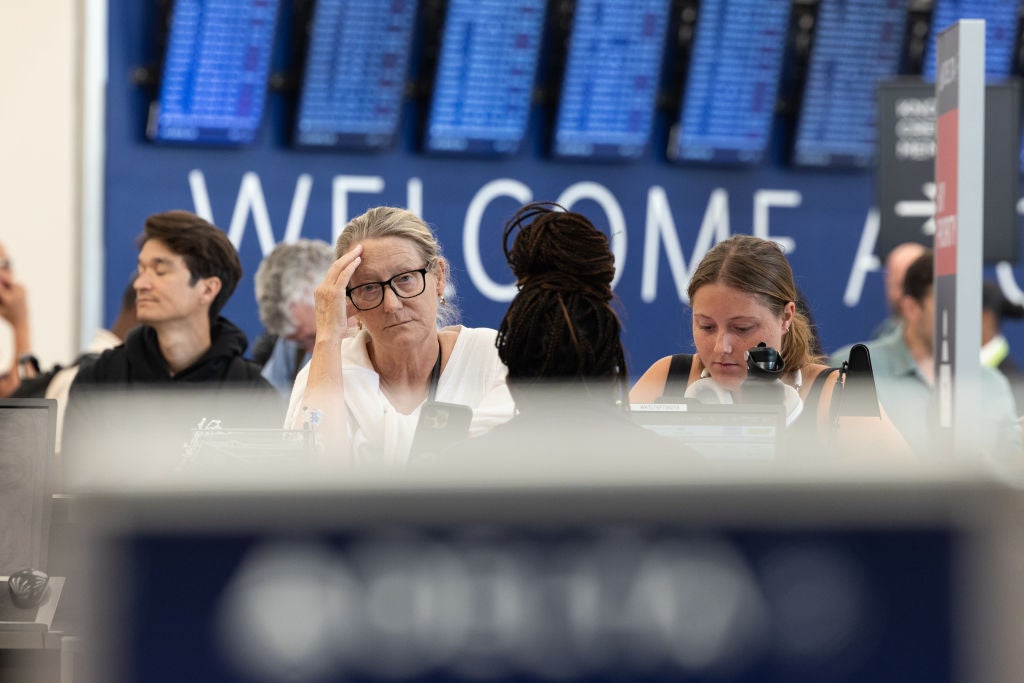
The Federal Reserve, the central banking system of the United States, hiked its interest rate at its September 2018 meeting to a range of 2-2.25%. This increase meant a rise in US treasury yields, which made buying US Treasury bonds more appealing to investors. In October the yield on a 10-year US Treasury note reached its highest since 2011.
Changes in US interest rates and the knock-on effects have been widely attributed for the sell-off of technology shares which followed globally, as the tech shares were seen as riskier assets.
The plunge in tech shares was part of a wider trend across worldwide stock exchanges. The drop in the markets saw Netflix and Twitter shares fall by 8%. Snap Inc shares fell 5.9%, Salesforce was down 7% and Chinese e-commerce platform Alibaba was down 6%. Amazon, Apple, Alphabet (Google) and Facebook all fell between 4.6% and 6.5%.
Jeff Bezos, Amazon chief executive was reported by Forbes to have lost $9bn of his fortune from a 6.1% fall in Amazon’s share price.
“Every pension pot will have some exposure to tech”
Richard Holway, Chairman of analyst and advisory firm TechMarketView, said: “Stocks, and tech stocks, in particular, are having a torrid time.
“NASDAQ has fallen 9% in October (but is still up 5.6% YTD [year-to-date]). Many of the high-flying FAANGs companies [Facebook, Apple, Amazon, Netflix and Alphabet’s Google] have fallen even more steeply.
How well do you really know your competitors?
Access the most comprehensive Company Profiles on the market, powered by GlobalData. Save hours of research. Gain competitive edge.
 Company Profile – free sample
Company Profile – free sampleThank you!
Your download email will arrive shortly
Not ready to buy yet? Download a free sample
We are confident about the unique quality of our Company Profiles. However, we want you to make the most beneficial decision for your business, so we offer a free sample that you can download by submitting the below form
By GlobalData“You don’t have to be an active stock market investor to feel the pain. Every pension pot will have some exposure to tech.”
The problem of rising interest rates
Holway said: “As far as I can see, the reasons for the sharp and sudden decline are not connected to the performance of the tech market in particular. As the Q3 [third quarter] reporting season starts there are no real signs that we are in for any negative surprises.
“The problem is that interest rates are rising. Any interest rate rise increases the cost of debt for companies (reducing profitability) and consumers (reducing spending power). It also makes stock market investing less attractive compared to bonds and even cash deposits.”
The knock on effects of a tech stock plunge
Holway explained that if stock market valuations dive, initial public offerings (IPOs) would suffer, and are indeed being pulled. Ultimately, he said that would work through into valuations in mergers and acquisitions (M&A) and private fund-raising.
The markets fell even further in February 2018, and on this Holway says, “Of course, we have seen downturns before. Indeed since the current bull market started [a market where share prices are rising, encouraging buying], about 10 years ago now, every dip has created a buying opportunity. But this dip seems different.”
A market correction or is this dip different?
President of the United States Donald Trump described the stock dive as “a correction that we’ve been waiting for for a long time.”
Holway echoed this sentiment. He said: “We have been expecting this correction for quite a long time. We expected it in global markets, as there are many other worrying factors involved like trade wars, Italy, Russia, Trump, Brexit and so on.
“Tech is a major and integral part of the global economy. So, of course, it would suffer collateral damage in any downturn. But the severity of the current sell-off, and how tech has been particularly badly affected, has come as a bit of a shock.”
Can Q3 profits draw investors back into tech shares?
Chief Market Analyst David Jones of the trading platform Capital.com said: “There is a famous market saying, ‘bull markets climb a wall of worry’ and this has definitely been the case this year.
“The broader market strength has been driven by a small collection of these technology stocks and investors have become increasingly worried about these companies’ stretched valuations.
“Concerns about rising inflation in the US, the prospect of higher interest rates, and the head of the International Monetary Fund Christine Lagarde commenting that stock markets look expensive, all served to rattle investors. As is often the case when markets drop sharply, an element of panic sets in, which results in more selling, and it becomes a self-feeding drop.”
He said sharp falls in the global stock markets at the beginning of February 2018 were followed by markets setting fresh all-time highs as the year continued.
On the back of that, Jones added: “Considering that technology stocks had performed so well this year, it is perhaps not surprising that holders of these shares were some of the more aggressive sellers and were quick to try and hang onto at least some of their profits as markets plunged.”
It remained to be seen he concluded whether the latest Q3 profits from the tech giants will bring investors back in and if the markets can bounce back.







